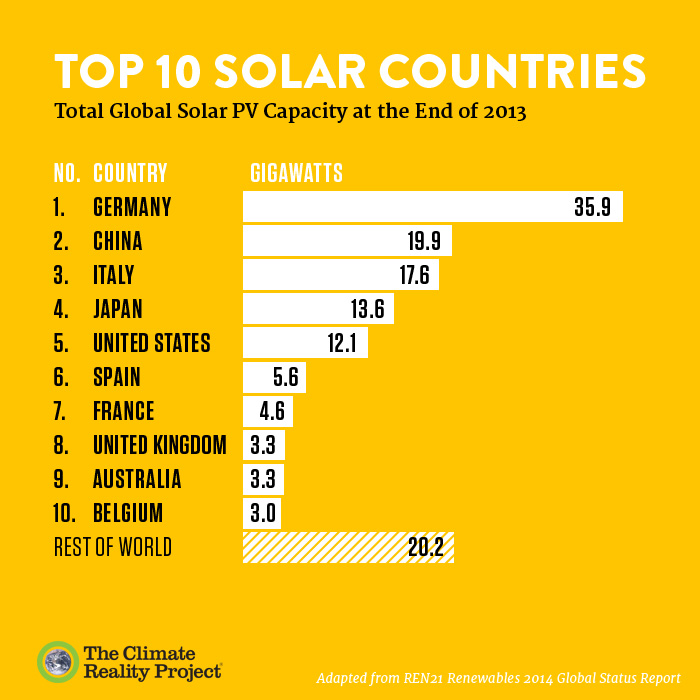The Rise and Stagnation of Germany’s Solar Leadership: A Missed Opportunity
In 2014, Germany stood at the forefront of the solar energy revolution, embodying the potential for a nation to pivot towards renewable energy sources significantly. This period marked a pinnacle of achievement, showcasing Germany’s commitment to sustainability and technological innovation in solar power. However, a shift in policy under Chancellor Angela Merkel’s administration saw this leadership wane, opening the door for China to ascend as the global solar energy leader. This article explores the dynamics of Germany’s solar energy journey, the impact of policy changes, and the broader implications for global renewable energy leadership.
Germany’s Solar Ascent

In the early 2010s, Germany was celebrated as a global pioneer in solar energy. The country’s aggressive push for renewable energy, bolstered by the EEG (Erneuerbare-Energien-Gesetz or Renewable Energy Sources Act), facilitated a rapid expansion of solar power installations. By 2014, Germany boasted one of the highest solar power capacities in the world, driven by favorable policies, including generous feed-in tariffs and governmental support for solar technology development. This era not only highlighted Germany’s commitment to reducing carbon emissions but also its potential to lead the world in transitioning to renewable energy.
Policy Shift and Stagnation
Despite its promising trajectory, Germany’s solar energy sector faced unexpected stagnation. The Merkel government, in a controversial move, rolled back several key policies that supported the solar industry. These changes included reducing feed-in tariffs, which directly impacted the economic viability of new solar installations. The rationale behind these policy adjustments was multifaceted, encompassing concerns about the economic burden of subsidies, grid stability, and the balancing act of phasing out nuclear power while ensuring energy security.
Critics argue that these policy shifts not only halted Germany’s solar energy momentum but also signaled a broader reluctance to fully embrace the renewable energy transition. This period of stagnation allowed other nations, most notably China, to surge ahead in solar technology innovation, manufacturing, and installation, subsequently claiming the title of the world’s solar energy leader.
China’s Rise and the Global Solar Landscape
China’s ascendancy in the global solar market is a testament to its strategic investment in renewable energy technologies. By prioritizing solar power within its national energy strategy, China has achieved remarkable growth in solar panel manufacturing and deployment. This strategic focus, coupled with substantial government subsidies and support for research and development, has positioned China as a dominant force in the global solar industry.
The Road Not Taken: A Reflection
The graphic referenced from 2014 serves as a poignant reminder of what could have been for Germany. Had the momentum of the early 2010s been maintained, Germany could have significantly increased its share of renewable energy, potentially reaching a scenario where approximately 80% of its energy mix comprised renewables. Such a milestone would have rendered the debate on the necessity of nuclear energy largely obsolete, highlighting a missed opportunity for Germany to lead by example in the global transition to sustainable energy.
Conclusion: Lessons Learned and the Path Forward
The story of Germany’s solar energy trajectory serves as a critical lesson on the importance of consistent and forward-thinking energy policy. While Germany’s early leadership in solar power demonstrated the potential for significant progress in renewable energy adoption, subsequent policy reversals have shown how quickly such advancements can be undermined.
Looking ahead, the global community must recognize the importance of steadfast policy support for renewable energy to avoid repeating similar mistakes. As nations worldwide strive to meet ambitious carbon neutrality goals, the tale of Germany’s solar energy journey underscores the need for a committed and coherent approach to renewable energy policy, one that embraces innovation and sustainability for the long haul.
